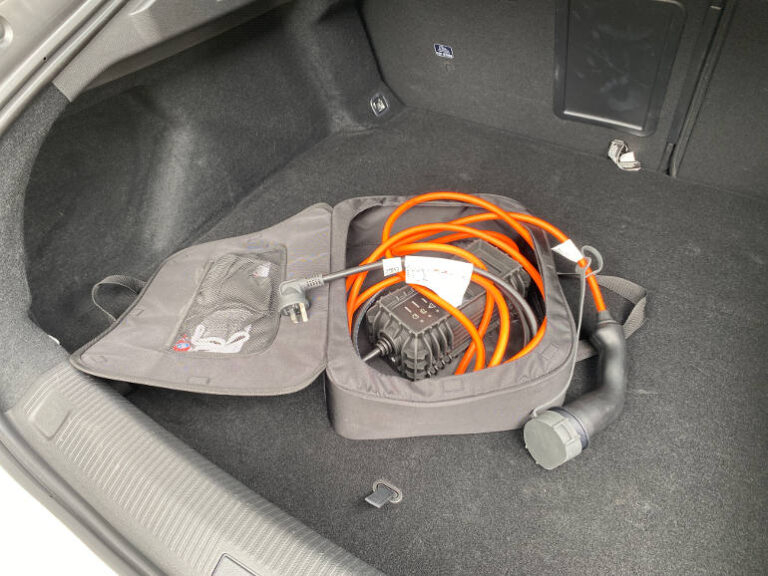Fleet Management Organisations are an important member of the fleet management community, they provide access to finance, deliver scale and efficiency for low value fleet management tasks, and they accept risk on asset values and maintenance. But are they supporting fleets to transition to electric vehicles?
If you search the internet and LinkedIn you’ll see smiling faces at customer drive days and EV transition workshops. There are speakers at conferences that proclaim an extensive knowledge of charging infrastructure and an understanding of the challenges of dealing with employee reluctance to change. They have even started switching their employees into electric vehicles.
However the industry feedback suggests FMOs are not quite ready to swap the financial reliability of petrol and diesel fleet vehicles for the uncertain future of an electric cars. There are reports of large organisations, traditional FMO customers, obtaining green finance loans independently and accepting the fleet management task to accelerate their journey to zero fleet emissions.
Another signal in the market that FMOs aren’t meeting the emerging needs of their customers is the plethora of new entrants. Finance companies, electricity retailers and car subscription providers are gaining a share of the first movers by taking on risk and being more customer centric.
To understand the resistance you need to follow the money. There are several publicly listed fleet management companies so their financials are open to scrutiny. Since early 2021 they have reported large profits per vehicle because of the strong used car market, and increased End of Lease (EOL) income from unspent maintenance budgets.
Traditionally the money is made through finance commissions and management fees. There’s always been a proportion of profit from EOL income due to the market movements in assets values and under utilisation. Lease extensions and revisions are also a source of profit because negative future asset values can be realigned in the FMO’s favour.
With electric vehicles, the revenue sources change for FMOs and the risk increases due to the lack of information on future asset values.
A Fully Maintenance Operating Lease (FMOL) is the preferred product for fleet management and leasing organisations. It provides the most profit and is the simplest product to manage. A FMOL is effectively a Total Cost of Ownership (TCO) quote and allows Fleet Managers to compare the overall running costs of different vehicles to select the best value option for their fleet.
The biggest component of an FMOL lease rental is depreciation. A higher future value reduces the amount of depreciation which equals a lower monthly lease rental. FMOs will offer strong residual values on consistent performers in the second hand market which lowers the TCO. They don’t take risks on new or untested brands and models. (Click here to learn more about residual value setting by FMOs).
The potential impact of poor battery condition on used EV values has the entire automotive industry concerned. If your business model is based on getting the future value of assets as accurate as possible, the lack of data and volume on second hand electric vehicles would force you to be conservative.
Electric vehicles are untested in the used market due to low volumes. There’s a number of emerging brands that haven’t built reputations as reliable second hand vehicles. And the market leader has a global pricing model that moves the price of new cars both up and down. All of these factors increase the risk for FMOs which leads to conservative estimates of future values.
If a customer is presented with two FMOL quotes, one for a ICE vehicle with a high residual value, and the other for an EV with a conservative residual value, which one will the TCO comparison favour?
Which one the customer picks depends on their ambitions to transition to zero and low emission fleet vehicles. And this brings us to the point of relevance. If the customer plans to be a first mover, and they can see through the conservative residual values, they can take take ownership of the risk and the fleet management tasks which eliminates the need to use an FMO.






